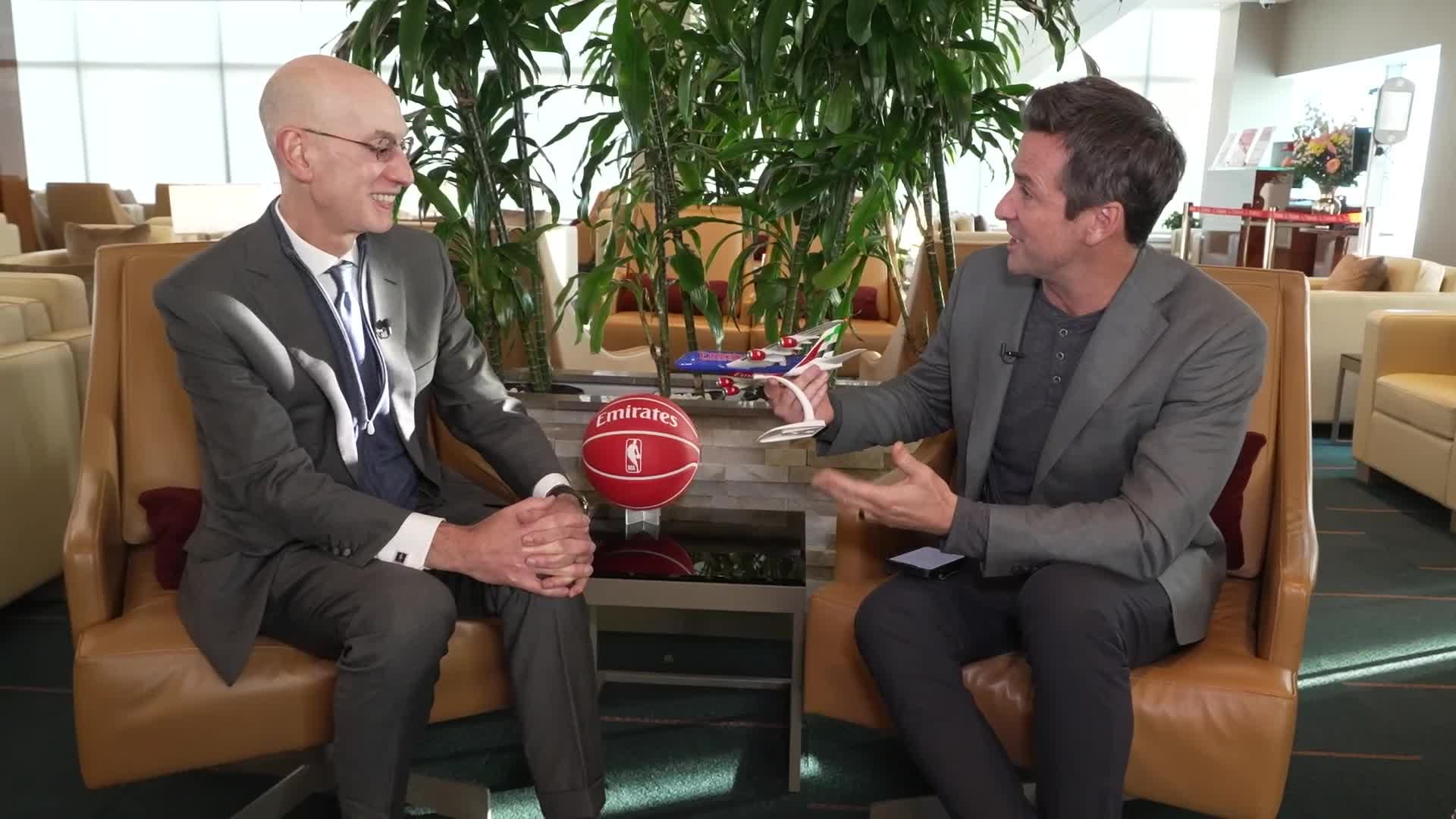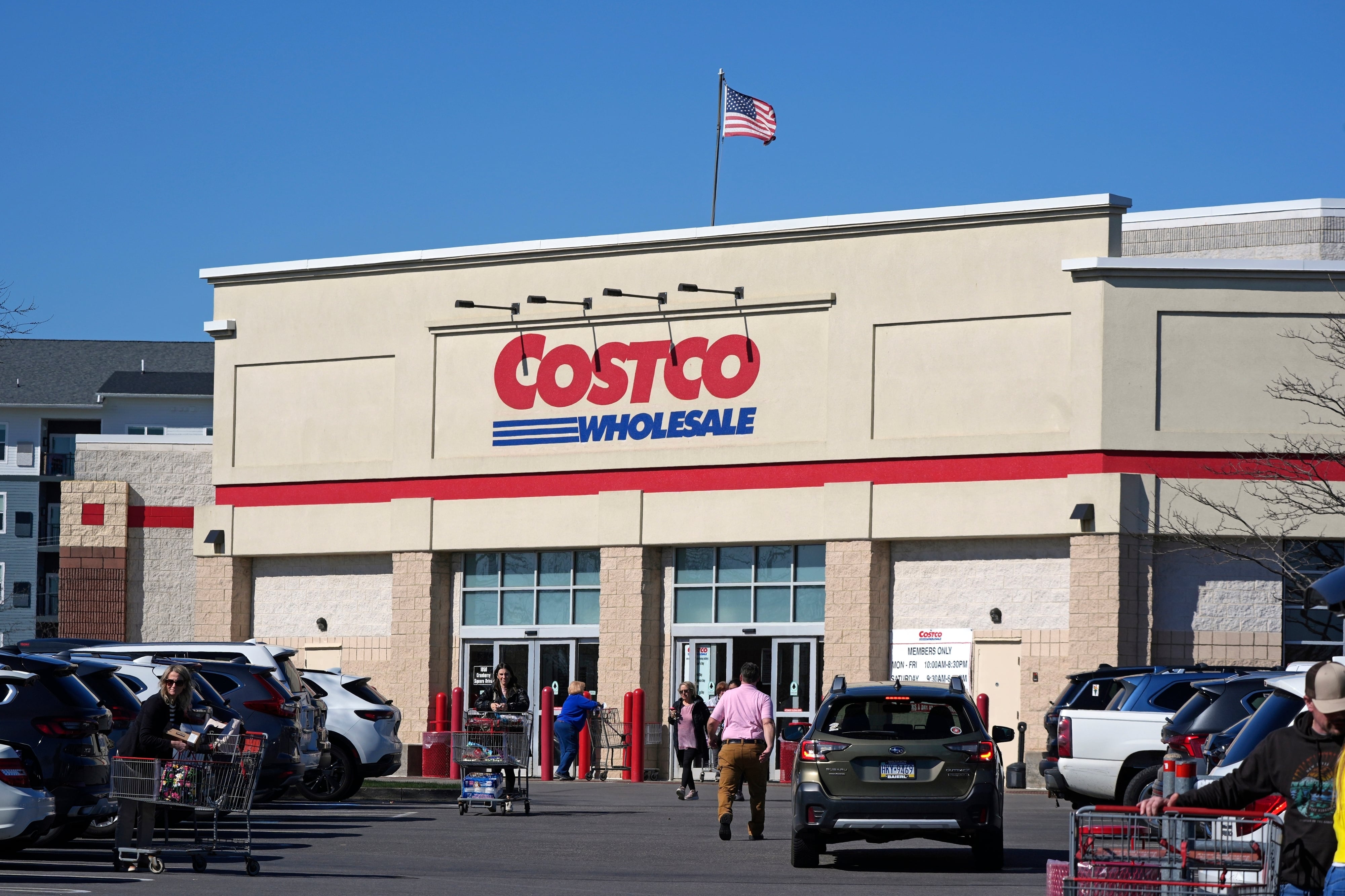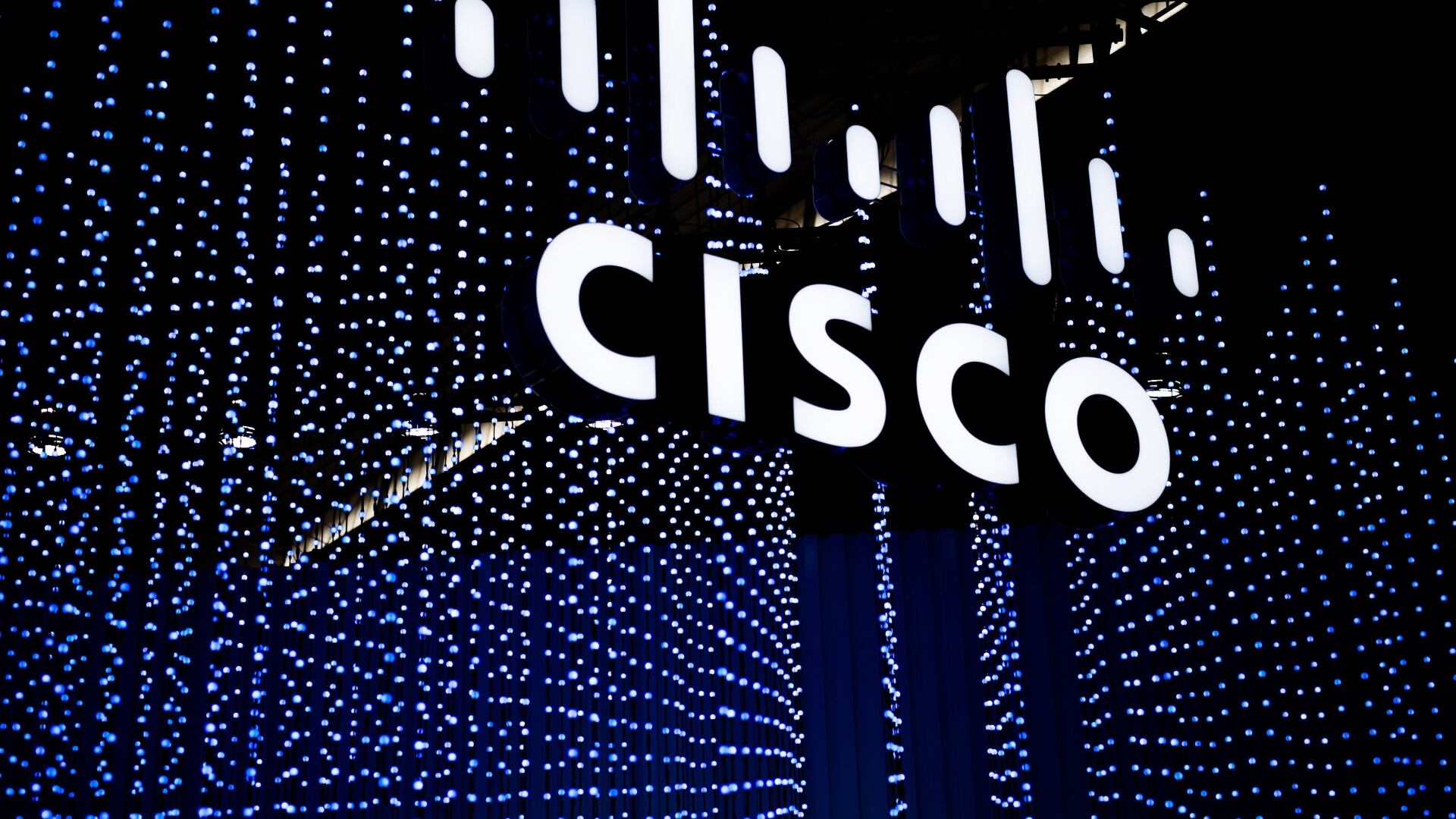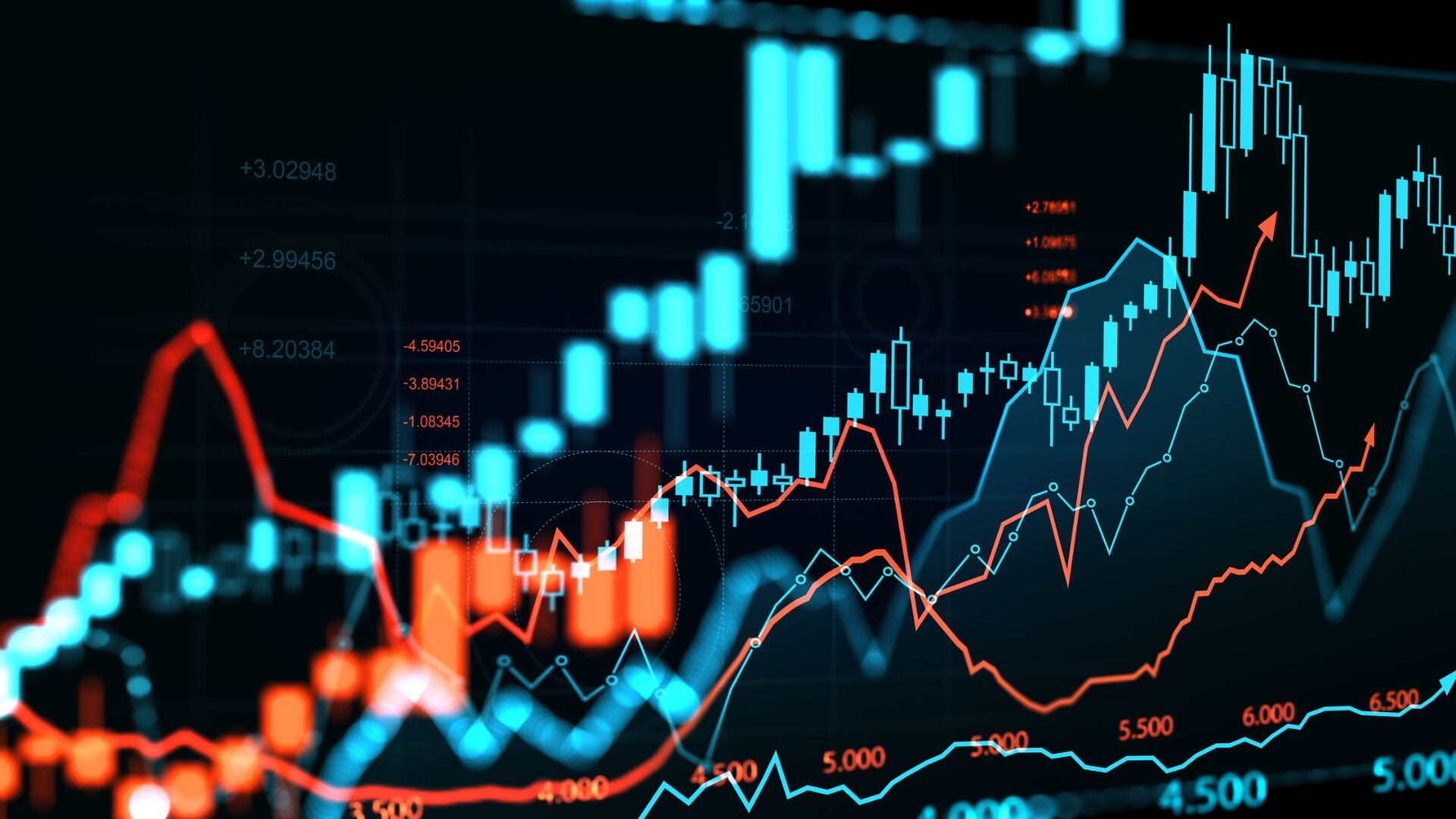The modern-day space race just took a major step toward maturity, with Sir Richard Branson's announcement that Virgin Galactic will go public. When it lists later this year, Virgin will become the first publicly traded space-tourism company.
Branson made the announcement Tuesday morning along with the venture capitalist Chamath Palihapitiya, whose Social Capital Hedosophia will act as an SPAC ー essentially a public shell company ー to help take Virgin Galactic public. Social Capital Hedosophia will invest $800 million in Virgin in exchange for a 49 percent stake, according to the the Wall Street Journal.
The offering could help Virgin Galactic operate its first private flights to space, which Branson said are planned for next year. The company says 600 people have already paid a combined $80 million for seats on those flights, which will be short, suborbital launches ー at least at first. Branson is competing with Blue Origin, founded by Jeff Bezos, and Elon Musk's SpaceX, to see who can send the first tourists into space.
Founded in 2004, Virgin Galactic began as a pet project of Branson's but has matured into a legitimate spaceflight company by inventing cheap, innovative ways to launch rockets into the atmosphere, such as via carrier planes. Saudi Arabia's sovereign wealth fund had plans to invest $1 billion into the company, but Branson walked away from those discussions after the murder of dissident journalist Jamal Khashoggi last year. It was at that point that he was approached by Palihapitiya, a former Facebook executive, who floated the idea of using his SPAC as the vehicle for a public offering for Virgin Galactic, according to the Journal.
In a statement announcing the plans, Branson said: "We are at the dawn of a new space age, with huge potential to improve and sustain life on Earth."
“By embarking on this new chapter, at this advanced point in Virgin Galactic’s development, we can open space to more investors and in doing so, open space to thousands of new astronauts.”












